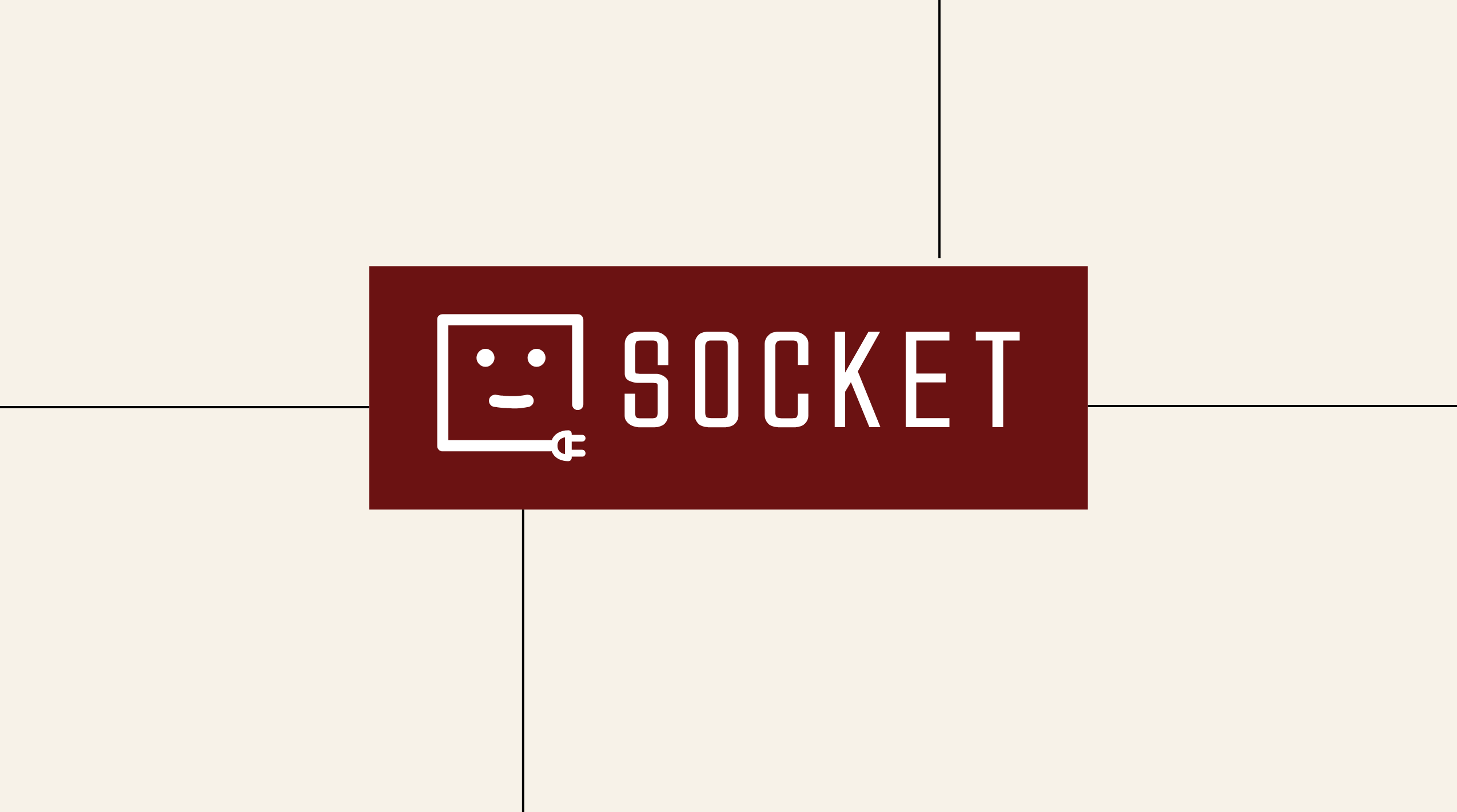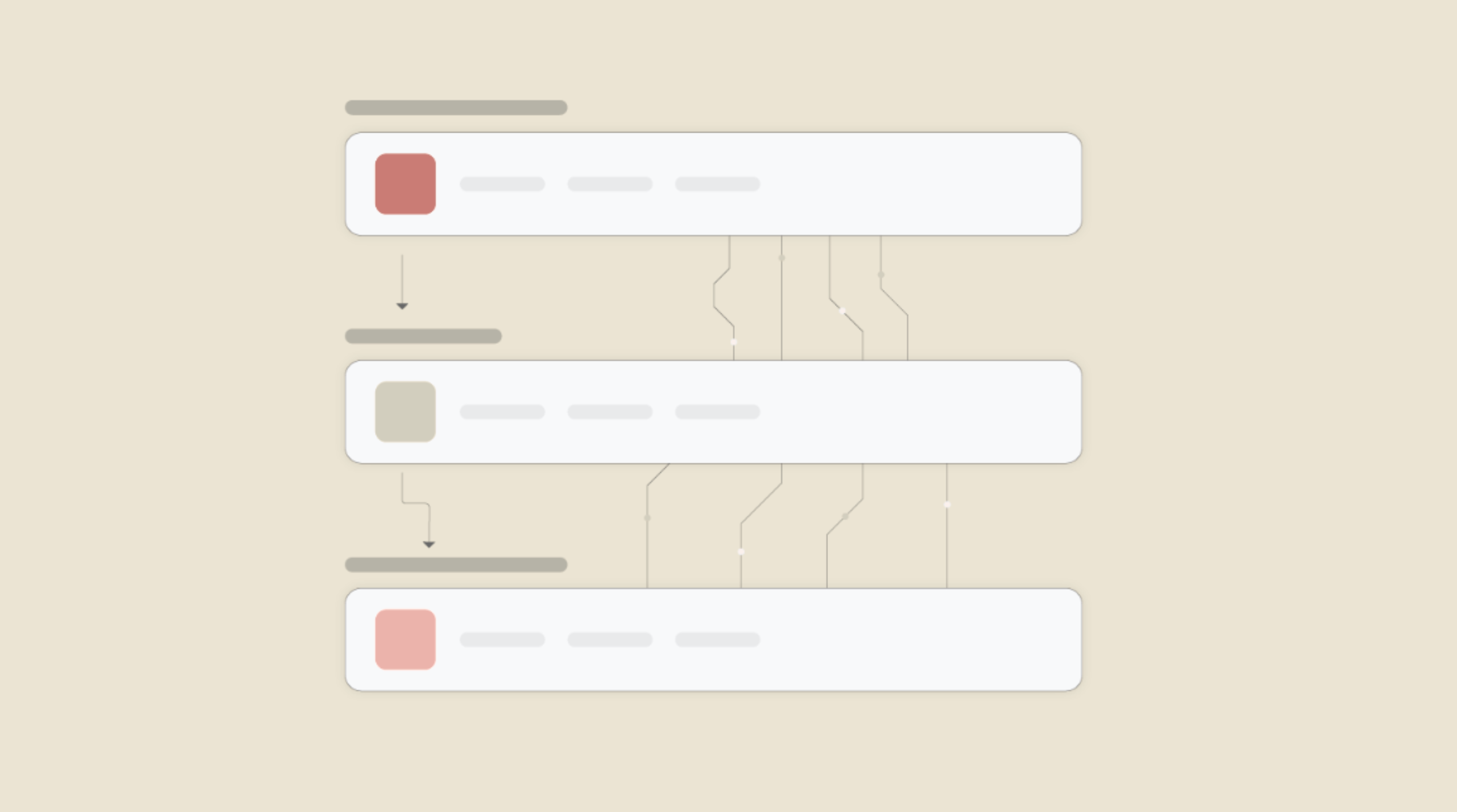Connect Figma and Keka to Build Intelligent Automations
Choose a Trigger

When this happens...
- Request a new Trigger for Figma
Choose an Action

Automatically do this!

Deactivate Employee

List leave types

List All Employee Salary Details

List Employee Documents

List document types

List All Attendance Records

List all Employees

Log employee clock-in and clock-out

Create Leave Request

Update Employee Personal Details

Add New Employee

List All Leave Balances

List All Departments

List All Job Titles

List All Locations

List All Group Types

List All Groups

List All Capture Schemes

List of Review Groups

List of Time Frames

List User Leave Requests

List of Review Cycles

List of Employee Reviews

List of Holidays

List of All Currencies

List All Notice Periods

List All Contingent Types

List of Employee Document Attachment Download Url

List all Leave Plans

List all shift policies

List all trackingpolicies

List all weeklyoff policies

List all holidays Calendar

List all Employee Salaries

List all Salary Components

List all Pay Groups

List All Pay Cycles

List of Payroll Registers

Get all Pay Batches

List all Batch Payments

List all Pay Bands

List all Pay Grades

List all Employee FnF Details

List all Bonus Types

List of Financial Details for All Employees

List all Salary Structures

List Employee Form 16

List all banks

List Attachment Download Url

List clients

List Client Invoices

List Taxes

List Tax Groups

List Projects

List Employee Expenses

List expense policies
Ready to use Figma and Keka automations
Explore more automations built by businesses and experts
Automate Instagram Comment Replies with Smart Keywords and DMs
Automate Social Media Post Creation and Scheduling Across Multiple Platforms
Automate Instagram DM Auto-Replies for Non‑Followers, Keywords, and Greetings
Actions and Triggers
When this happensTriggers
A trigger is an event that starts a workflow.
New Employee Added
Triggered when a new employee is added to Keka.
Do thisActions
Action is the task that follows automatically within your Figma integrations.
Create Comment
Create comment on a file.
Add Comment Reaction
Create a new comment reaction on a file comment.
Delete Comment Reaction
Deletes a specific comment reaction.
Delete Comment
Deletes a specific comment
Deactivate Employee
Create an exit request to record an employee’s resignation date, last working day, reason, and rehire eligibility.
List leave types
List all leave types in your Keka account.
Know More About Figma and Keka Integrations

How viaSocket Works | A Complete Guide
Gain insights into how viaSocket functions through our detailed guide. Understand its key features and benefits to maximize your experience and efficiency.

5 Simple Automation Hacks to Make Your Team Free
Unlock your team's potential with 5 straightforward automation hacks designed to streamline processes and free up valuable time for more important work.

What is Workflow Automation - Definition, Importance & Benefits | A Complete Guide
Workflow automation is the process of using technology to execute repetitive tasks with minimal human intervention, creating a seamless flow of activities.
Frequently Asked Questions
To start, connect both your Figma and Keka accounts to viaSocket. Once connected, you can set up a workflow where an event in Figma triggers actions in Keka (or vice versa).
Absolutely. You can customize how Figma data is recorded in Keka. This includes choosing which data fields go into which fields of Keka, setting up custom formats, and filtering out unwanted information.
The data sync between Figma and Keka typically happens in real-time through instant triggers. And a maximum of 15 minutes in case of a scheduled trigger.
Yes, viaSocket allows you to add custom logic or use built-in filters to modify data according to your needs.
Yes, you can set conditional logic to control the flow of data between Figma and Keka. For instance, you can specify that data should only be sent if certain conditions are met, or you can create if/else statements to manage different outcomes.
About Figma
Figma is a collaborative interface design tool that allows teams to create, prototype, and share designs seamlessly. It is widely used by designers and developers to work together in real-time, making the design process more efficient and effective.
Learn MoreAbout Keka
Keka is a comprehensive HR and payroll management platform designed to streamline and automate various human resource processes. It offers features such as employee management, attendance tracking, leave management, payroll processing, and performance evaluation, making it an essential tool for businesses looking to enhance their HR operations.
Learn More


